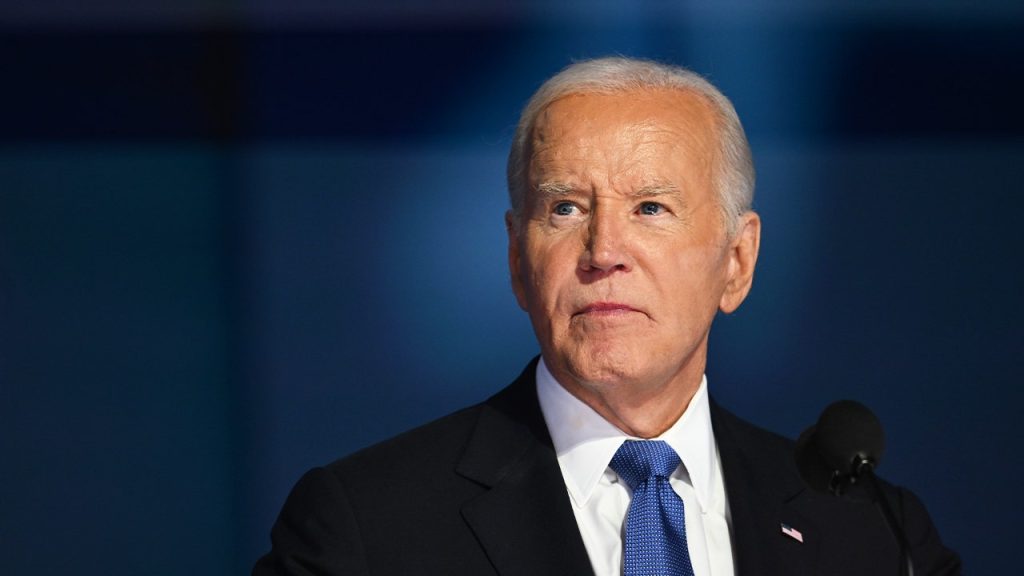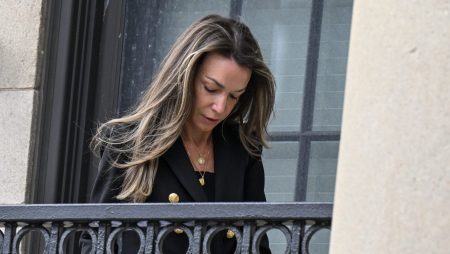President Biden’s decision to commute the sentences of 37 federal death row inmates, sparing them from execution and instead imposing life imprisonment without parole, has ignited a fierce debate, drawing both applause and condemnation. Supporters laud the move as a significant step towards abolishing capital punishment at the federal level, aligning with Biden’s stated belief that the death penalty should be reserved for exceptional cases of terrorism and hate-motivated mass murder. Critics, however, question the president’s rationale for commuting only 37 of the 40 inmates, leaving three individuals, including notorious mass murderers, on death row. This seeming inconsistency has fueled skepticism about the criteria used to differentiate between those granted clemency and those facing execution.
The White House justified the commutations by emphasizing Biden’s commitment to ending the federal death penalty, citing the moratorium on executions imposed upon his inauguration. The move, they argue, prevents future administrations from carrying out death sentences that would not be handed down under current policies. However, this explanation fails to address the specific factors that led to the exclusion of three inmates from the clemency grant. Robert Bowers, the perpetrator of the Tree of Life Synagogue shooting; Dylann Roof, the white supremacist responsible for the Charleston church massacre; and Dzhokhar Tsarnaev, one of the Boston Marathon bombers, remain on death row, raising questions about the president’s criteria for distinguishing between their crimes and those of the commuted inmates.
Critics like John R. Lott Jr., president of the Crime Prevention Research Center, point to the apparent lack of clarity in Biden’s decision-making process. Lott questions why some mass murderers received clemency while others, including those responsible for fewer deaths, did not. He suggests that the decision might be politically motivated, an attempt to appease Biden’s base, but also acknowledges the anguish of victims’ families who believe their loved ones were denied justice. They highlight the brutal nature of the crimes and the lack of remorse shown by some of the inmates now granted life sentences. This dissonance between the president’s actions and the sentiments of victims’ families adds another layer of complexity to the debate.
Conversely, criminal justice reform advocates have praised Biden’s commutations. Matthew Mangino, a legal expert and author, argues that the decision, while seemingly contradictory, actually strengthens the argument for the death penalty. By reserving capital punishment for the most heinous crimes, Biden implicitly acknowledges its necessity in certain circumstances. This selective application, Mangino suggests, reinforces the gravity of the death penalty and its role in holding perpetrators of extreme violence accountable. However, this perspective overlooks the broader ethical and moral arguments against capital punishment, focusing instead on the pragmatic implications of Biden’s decision.
United Women in Faith, a prominent religious organization advocating for racial justice, had called on Biden to commute all 40 death sentences, citing concerns about systemic bias in the criminal justice system. While they welcomed the commutation of 37 sentences as a positive step, their initial plea for universal clemency reflects a broader movement seeking to abolish the death penalty altogether. This movement argues that capital punishment is inherently discriminatory, disproportionately affecting people of color, and that it fails to deter crime. Furthermore, opponents of capital punishment cite the risk of executing innocent individuals and the inherent irreversibility of the death penalty.
The debate surrounding Biden’s commutations also touches upon the complex issue of deterrence. Lott argues that the threat of the death penalty incentivizes guilty pleas, thereby avoiding costly and emotionally challenging trials. He points to economic studies suggesting that executions lead to a reduction in murders, highlighting the deterrent effect of capital punishment. However, the effectiveness of the death penalty as a deterrent remains a subject of ongoing debate, with studies yielding conflicting results. Furthermore, critics argue that focusing solely on deterrence ignores other important considerations, such as the moral and ethical implications of taking a human life. The complexity of this issue further complicates the already polarized discussion of Biden’s decision.










